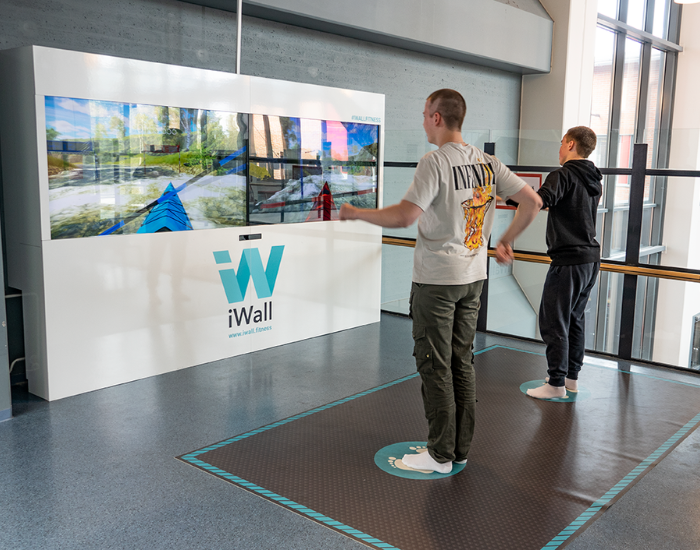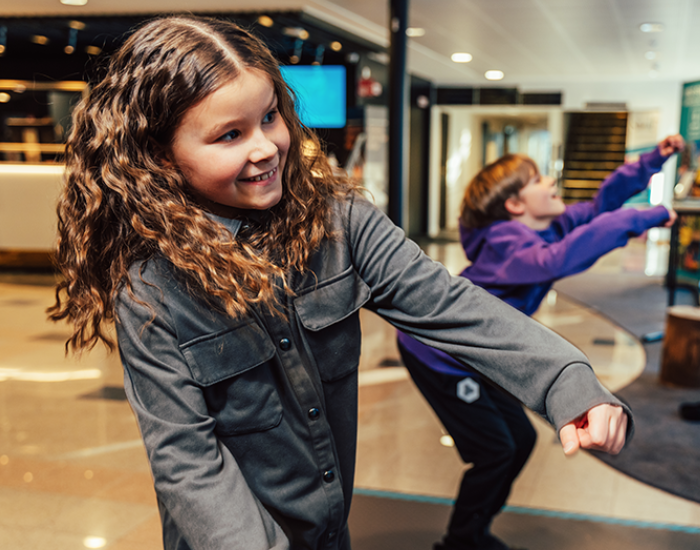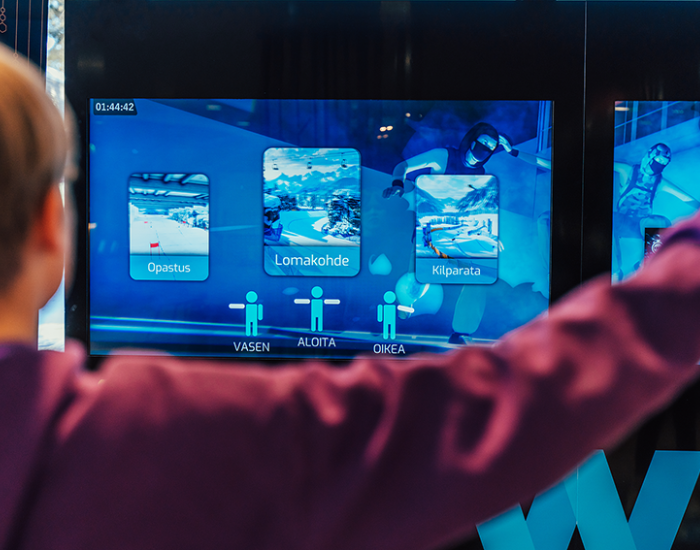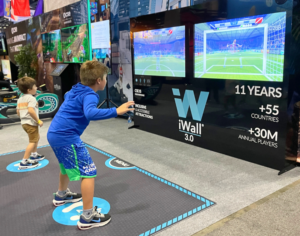The LIITU study which extensively examines the exercise behavior of kids and teens in 2022, has now been published. LIITU is a national follow-up study in Finland that broadly surveys the movement, physical activity behavior, and culture of children aged 7-15. The LIIY study has been carried out every four years and every two years between 2014 and 2022.
LIITU results of the study already confirm the Move! 2022 research results’ perception of kids and teens decreasing exercise year after year. The results trigger annual discussions amongst the people who work with kids and teens, the situation has to be taken seriously. To solve this broad and multi-caused challenge, different sectors need concrete actions. Exergaming activates Finnish kids and teens in more than 50 schools and educational institutions daily. Exergaming is part of the solution to reducing immobility among kids and teens.
Exergaming adds enhancing exercise to school days and it has been found to be a viable solution to increase exercise in schools without increasing PE classes or major renovations. Like all sports, exergaming has also been studied to promote learning results.

There are gender differences in the amount of exercising
According to the LIITU study, only 36% of kids and teens report that they meet the physical activity recommendation, which is a smaller proportion than the previous measurement time (2018). All in all, only one-third of kids and teens reached the physical activity recommendations. The trend has been decreasing all the time during the years of the LIITU survey. It is also worth noting that the curriculum has remained the same since the first survey year (2014).
Gender differences can still be seen in the amount of exercise. Boys achieve a recommendation in all age groups more often than girls. The decrease in exercising in girls started at an earlier stage than in boys. It is worrying that one in five girls and one in four boys consider exercising unnecessary. A low amount of exercise has a direct connection to mental health challenges, loneliness, and learning outcomes.
Exergames are part of the solution to inspire kids and teens to exercise in a fun way and voluntarily during school days. According to Mika Uito’s research, the interest between girls and boys in exergaming does not differ significantly, both girls and boys are interested in exergaming. Sufficient exercise has a positive effect on alertness and concentration during class. Movement of all kids and teens during the school day should be encouraged, thus significantly reducing the disadvantages associated with sitting, as well as passive screen time.

Exercising must be fun
Based on the basic education curriculum, many goals have been set for school PE classes that are important to achieve, which, from the student’s point of view is working in a group and having a good atmosphere in class. The assignment of the subject also mentions positive experiences and having fun. The results of the study show that the student’s thoughts are in line with the curriculum goals because three out of four considered it important or very important to have fun in PE classes.
Exergaming is a fun and social thing to do together. Mika Uito’s research states that exergaming (with iWall) brings different people together, pupils play together and, in a group, and players are encouraged by others equally. Everyone is on the same line in exergaming, the player’s age, functional limitations, or gender does not matter when playing. In exergaming, you experience the joy of moving together and equal opportunities to compete and win. Things that kids and teens consider important or very important.






